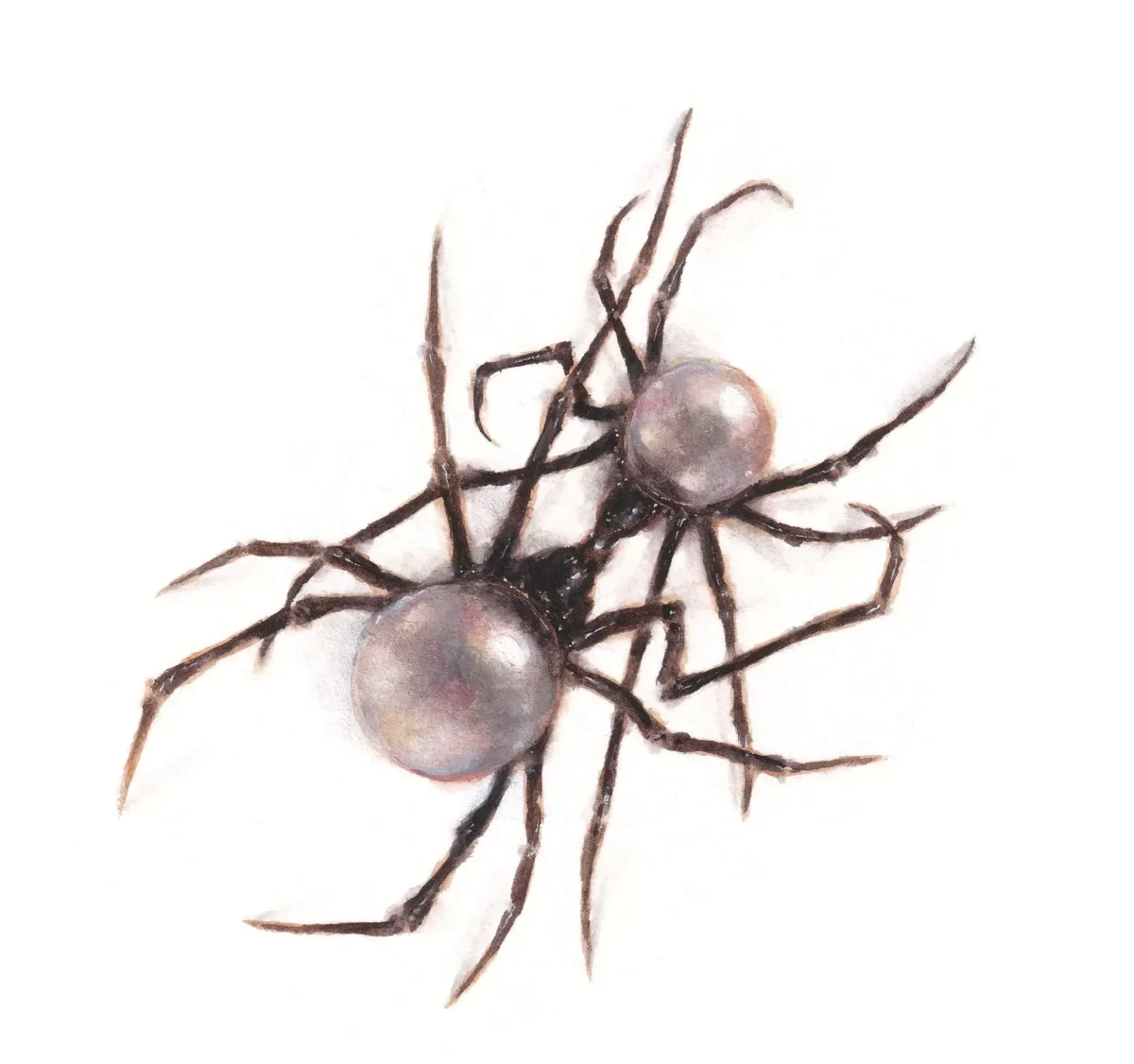From beats on Soundcloud to top 10 hits on Billboard, L.A rapper and singer Doja Cat is no stranger to fame. In June she introduced listeners to her alter ego, Scarlet, walking in the streets, dripping in fresh blood. In her fourth studio album, Cat leaves her controversial producer, Dr. Luke, in order to create the music she always wanted.
Entering her “Scarlet” era caused public resentment toward her creative process, by shaving her head as a rejection of feminine beauty and the pop star image. Cat recolored her album covers red to promote the debut single“Attention.” Leaving behind her attention-seeking pop star persona with ingenuine big pop radio singles, or “cash grabs” as she calls them, Cat becomes a new version of herself.
In “Attention,” Cat compares her popstar identity as “Doja Cat” to an innocent kitten who can be touched and held, but also may bite when provoked.
“Baby if you like it, just reach out and pet it / This one doesn’t bite, it doesn’t get aggressive / Show you how to touch it, hold it like it’s precious / It don’t need your loving, it just needs attention,” Cat sings.
Cat dislikes her fans for their support of her prior albums, “Hot Pink” and “Planet Her,” because they felt ungenuine and lackluster to her. As a result, she fought back with carelessness and urgency.
“Paint the Town Red,” the second single on “Scarlet,” shows her carelessness about what everyone thinks of her.
“I’d rather be famous instead / I let all that get to my head / I don’t care, I paint the town red,” Cat sings.
Cat discusses her delusional obsession with fame, eventually rejecting it and making whatever music she wants to regardless of the feedback, streams, radio play or success. She paints her life red, a color representative of rebellion and power.
In “Demons,” Cat takes inspiration from Rico Nasty and her hardcore rap style. In the music video, Cat is consumed by a black demon, representing Scarlet in a new form.
“How my demons look? / Now that my pockets full?” Cat sings.
Cat boasts her success and wealth to fans in a cocky and direct way. She embraces being a demon and compares herself to the devil through her controversial actions and tweets. She owns up to satanism as an image of confidence rather than evil and hatred.
“I’m a puppet, I’m a sheep, I’m a cash cow,” Cat sings.
Cat sings with irony, following the way that the general public perceives her. She is a satanic tool under her record label used to make hit after hit. Cat rejects this through her alter ego, Scarlet, rebelling against the music everyone wants her to make.
In “Agora Hills,” Cat goes beyond dissing her fans and public opinion and takes a step back to her love life. She expresses her desire to show off her partner and commit to someone for the rest of her life. Cat does not care about others’ opinions on her relationships, similar to her inability to care what people think of her music.
“Take you ’round the world, they don’t have to understand / Rub it in their face, put a rock on her hand,” Cat sings.
In “Love Life,” Doja shifts the tone and reflects on her gratitude toward her genuine fans. Her vulnerability solidifies “Scarlet” as a bold and dynamic record.
“I love it when my fans’ love change, that’s how we change the game,” Cat sings.
From fiery beats to smooth harmonies, Doja Cat’s “Scarlet” explores her reinvention as an artist. By conquering fear and satisfying her own desires, as represented by the two spiders on the album cover, Cat proves herself as a meaningful rapper and lyricist.


